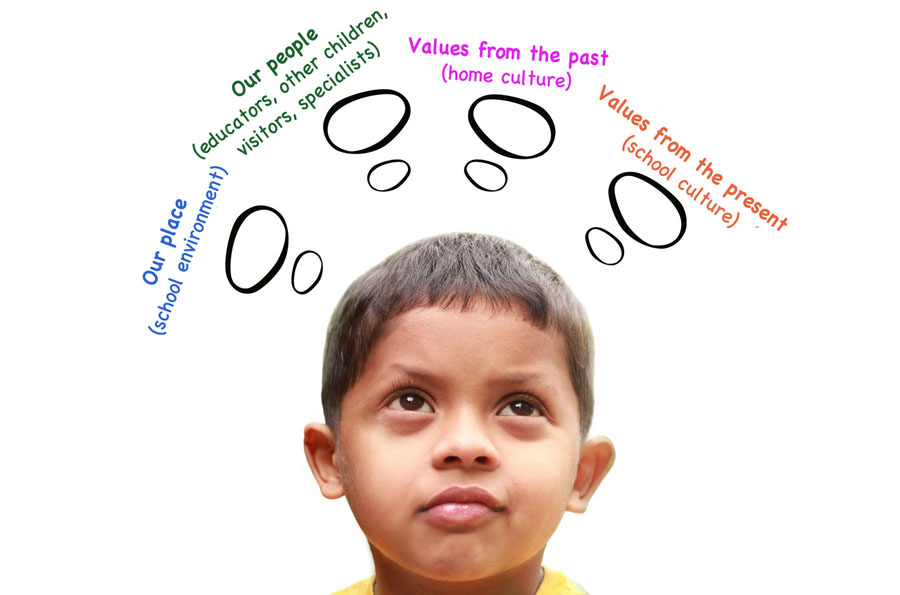Cultural Identity in Schools – Part 2
Continued from Part 1….
Despite our huge effort of celebrating other cultures, we often overlook the abundance of cultural development that takes place in the learning environment. Let’s look at the following quote which defines culture:
The way they (people) perceive the world, the way they communicate with one another and, the things they do and their values. Culture is the system of shared knowledge which people use to govern their own actions and interpret the actions of others. - (p.12) Partington, G., & McCudden, V. (1993). Ethnicity and Education
If we apply such apprehension to our school program, we can see that everything we do in the early years setting holds its own cultural significance. We as educators use our cultural background and values (consciously or subconsciously) to enrich and characterize educational practices. Children from a mixture of racial and religious background bring to school their inherent cultural understandings. The development of children’s cultural identity occurs through their connection with the place, the people and the values from the past and the present.
Essentially, our school children are building multiple identities through their engagement with the environment, the interaction with significant people within the setting and the integration of values from their home and the educational context. If we reflect deeply on what culture essentially is, we will begin to see how kaleidoscopic and variegated each and every one of our service is. Culture is fluid, ever changing and always evolving. The development of cultural identity is not the be all and end all of the early years. It will continue to build, transform and diversify, as long as we meet new people, experience new environment and combine existing knowledge/practice with the new.
